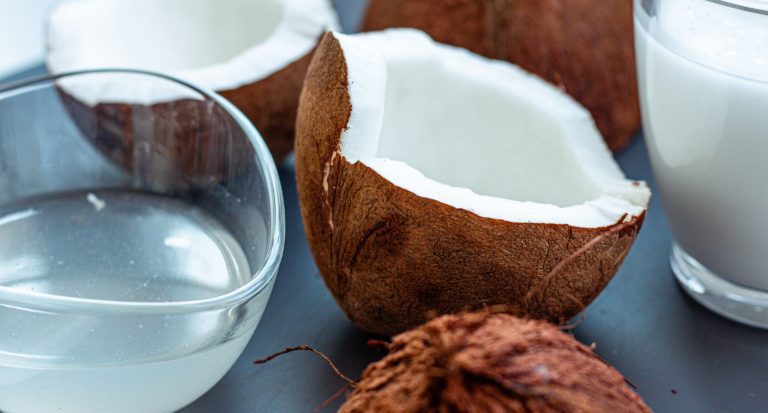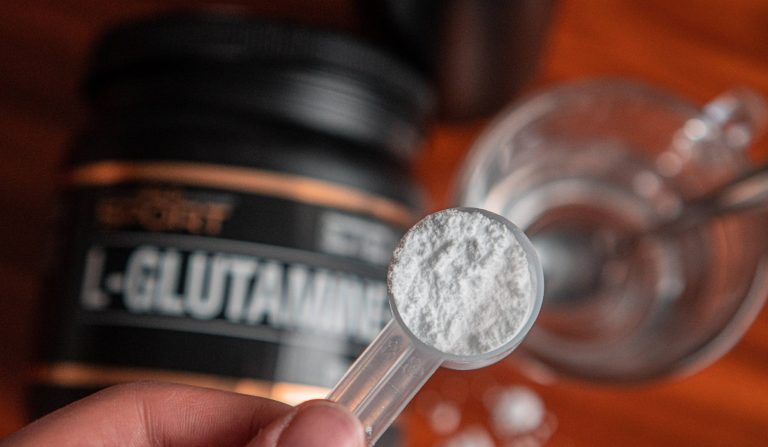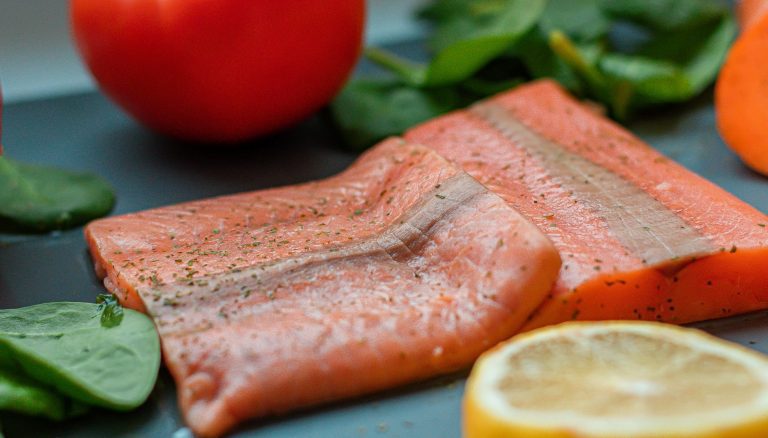5 Reasons Mediterranean Diet Is Considered “The Healthiest”
As so many new diets arise on the market, it is hard to know which one is the best. As new diets are discovered, the need for nutrition consulting grows. It is easy to get stuck trying to figure out what the best diet is, hence why consulting a nutrition specialist can help you.
But one thing is for sure. There are trendy diets that grow in popularity for a short period and then disappear. And there are diets that come and stay, because they are functional, specific, and non-restrictive.
One of these diets is the Mediterranean diet, standing at the top of the healthiest diet list for the most part of our past decade. Why is that? Well, read to find out.
What is the Mediterranean Diet?
Mediterranean diet is a style of eating that emphasizes plant-based foods with seafood, occasional wine, and the consumption of healthy oils. It excludes fried foods, refined sugars, and large quantities of red processed meat.
If you’ve ever been to Spain, Greek, Italy, France, Turkey, or Croatia, you have probably heard about the Mediterranean diet, and the amazing recipes and meals it features.
At the base of the Mediterranean diet are plant-based foods like legumes, beans, vegetables, fruits, nuts, and seeds. Then occasionally consumption of white meat, seafood, wine, and dairy takes place. It is sort of flexible vegetarian with occasional meat consumption.
Why is the Mediterranean diet considered to be “the healthiest diet”?
- Why is the Mediterranean diet outperforming many other diets on the list?
- Is it really better than Keto, Vegan, or Carnivore Diet?
Well, comparing diets isn’t the best way to go, however, for the general population, there are strong reasons why would the Mediterranean diet work so well.
Other diets we’ve listed, can be pretty restrictive for many people. Vegan diets may cause mineral and nutrient deficiency without proper supplementation. The Carnivore diet has relatively more cons than pros for the average person, high consumption of saturated fat is inevitable. LCHF or Keto diets mess with our automated metabolism running on glucose. While this can be a great reset diet, long-term uninterrupted keto may mess up our hormones and disrupt our metabolism (for some people).
On the other hand, the Mediterranean diet is one of the best diets overall, for the general population. Compared to all other diets, it is considered relatively safe for the majority of the population without any side effects.
This is because the Mediterranean diet encourages a large variety of foods, basically including some whole grains, plants, meats, dairy, and even moderate amounts of wine.
When consuming so many different foods, especially following the Mediterranean style which relies on mostly non-processed foods, your health and longevity can be drastically improved.
Mediterranean Diet Pyramid
If you’re still unsure of which foods you should eat on the Mediterranean diet, this pyramid will clarify that. We have four levels, the base (foods eaten daily), moderation (foods eaten weekly), small amounts (foods to limit to monthly consumption), and exclude (foods to avoid or exclude).
- The Base (foods eaten daily): whole grains, vegetables, fruits, beans, legumes, nuts, seeds, healthy oils, herbs, and spices.
- Moderation (foods eaten weekly) seafood, shrimp, salmon, octopus, oysters, chicken, eggs, cheese, and red wine.
- Small amounts (foods eaten monthly): red meats like pork, beef, and bison; sweet foods like dried fruit, raisins, and dates.
- Exclude (foods to avoid): processed red meat, refined carbohydrates, excessive alcohol and butter, coconut oil, or other oil high in saturated fats.
Why is the Mediterranean Diet Consistently Proven to be “the healthiest” (for the general population)
Every diet has its pros and cons. You should always consider speaking to a nutritionist or a doctor before changing your diet, especially if you’re trying out a more restrictive diet.
The Mediterranean diet is a very practical and customizable diet, which includes a wide variety of healthy foods. This is the primary reason why it is considered to be the healthiest.
There are 4 important swaps, Meditteraneans do, which you might not see right away, but have a significant impact on one’s health:
- Switch from butter (saturated fat) to olive oil (unsaturated fats)
- Instead of drinking any alcohol (beer), they consume high-quality red wine
- Exclude excessive salt (sodium) reduces blood pressure, instead switch to herbs (oregano, basil)
- They add more red or black pepper and garlic which is antioxidant-rich
- Swap red processed meat (salami, bacon) for omega-3 enriched seafood (crabs, shrimp, lobster, salmon)
The more restrictive a diet is, the harder it is to make claims or form guidelines for the general population, as many people don’t do well with restrictions. Partially because of appetite unsatisfaction, and partially due to the potential to run into nutritional deficiencies.
Fun Fact
Many people underestimate the pressure on the joints long cardio has. If you’re running a lot, you must work on your leg and core strength to support such shocks. Instead, you can pick swimming, rowing, or hiking to minimize joint pressure.

The 5 Characteristics of the Mediterranean Diet | Why does it stand out?
1. High antioxidant content
The Mediterranean Diet includes various plant-based foods like vegetables, and fruits which we all know possess pretty high amounts of antioxidants. These antioxidants then work to fight oxidative stress and reduce potential DNA damage.
Mediterranean diet includes foods like cacao, coffee, blueberries, seafood, garlic, and oranges. Aside from the plant-based dominance, there are numerous herbs and spices that increase antioxidant activity. These include cinnamon, capers, parsley, curcumin, chervil, and curry.
Also, a research trial showed that those who followed the Mediterranean diet had higher antioxidant content which was effective in reducing pro-oxidant activity. Higher polyphenol intake is associated with lower inflammation and consequentially, chronic disease risk. (1)
2. Low in refined and simple sugars
One of the reasons the Mediterranean diet is so healthy is the exclusion of refined and processed sugars. Eating high amounts of simple carbohydrates is known to cause unstable sugar spikes. Mediterranean diet can balance this by introducing more complex carbohydrates, which stabilize sugar levels and prevent energy crashes.
High consumption of refined carbohydrates is also tightly related to insulin resistance. This is important as unstable sugar and insulin resistance are linked to obesity and diabetes. Seems like excluding refined sugar from one’s diet can potentially reduce the risk of obesity, and bring more stable sugar levels.
3. Excludes red processed meat
Red meat or any processed or deep-fried meat is limited to 1-2 a month in the Mediterranean diet. This can significantly reduce inflammation in the body and reserve your immune system to fight other things. N-nitrose chemicals are also heavily reduced with this diet, which are known to negatively impact the digestive tract and increase the risk of cancer.
Studies show that there might be an association between excessive consumption of red meat and colorectal cancer. It turns out processed meat can have a significant impact on digestive health and increase colorectal cancer risk by 20-30%. (2)
This isn’t definitive, because it heavily depends on the type of red meat, the processing, and cooking, along with our ability to digest it. However, many individuals respond badly to processed red meat like salami, ham, sausage, and sorry for this one, bacon.
4. Reduces oxidative stress by excluding fried foods
By excluding fried foods, automatically our bodies are at a greater advantage. We can function with more energy, which would be otherwise used to combat or balance inflammation. Mediterranean practitioners also drink a lot of water, are physically active, and eat antioxidants which can further reduce chronic inflammation, a common factor for developing many diseases.
Excluding fried, processed and deep-fried foods can reduce the spikes in inflammation. There is research backing this up, on how frequent fried food consumption is linked to higher cardiovascular mortality. (3)
5. Moderate intake of high-quality alcohol
One of the things characteristic of the Mediterranean diet is the moderate consumption of high-quality alcohol. Particularly, the consumption of high-quality red wine which is rich in Resveratrol. A known antioxidant that has shown potential in improving health and extending lifespan.
Resveratrol acts as a potent anti-inflammatory agent which may have potential anti-cancer properties. This polyphenolic compound is also shown to exert cardioprotective and vasodilatory properties, meaning it can open up out blood vessels for better circulation. (4)
Resveratrol is also one of the more researched natural anti-aging compounds found in foods along with vitamin C, vitamin E, Astaxanthin, and Selenium. If you didn’t see a pattern here, the Mediterranean diet is rich in many of these antioxidants.
conclusion
The Mediterranean diet is one of the most practical, versatile, and adaptable diets characteristic for countries around the Mediterranean sea like Greece, Italy, Turkey, and Spain. It emphasizes eating plant-based foods with seafood, high antioxidants intake, and consumption of healthy oils while excluding and reducing refined carbohydrates, processed red meats, and saturated fats.








